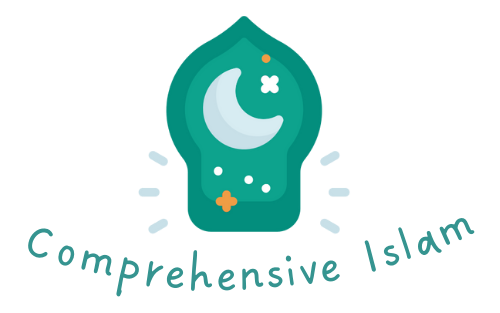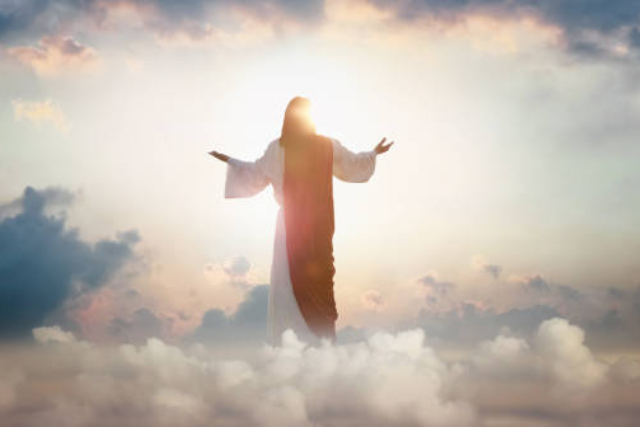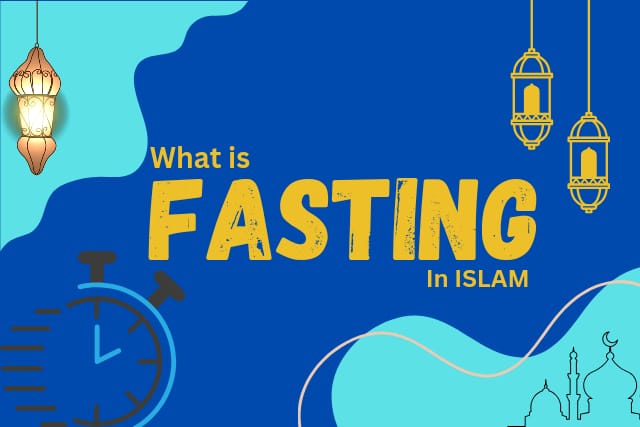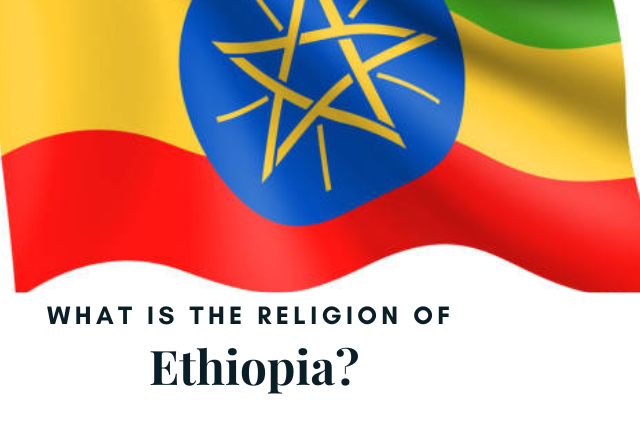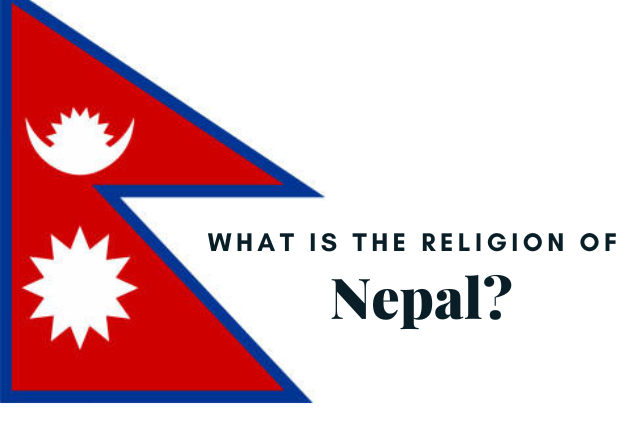What is the Religion of Fiji
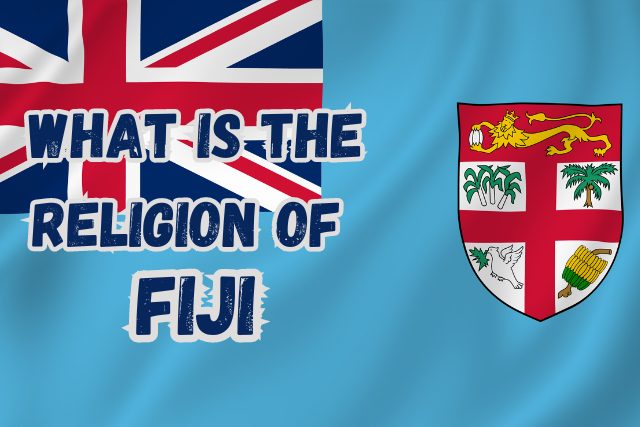
Explore the tropical haven of Fiji, where crystal-clear waters and vibrant landscapes cradle a diverse tapestry of religious traditions. In this exploration, I’ll delve into the unique spiritual identity that graces the Fijian archipelago.
From ancient indigenous beliefs that echo through the islands’ history to the influences of global religions. Fiji’s religious narrative is a captivating odyssey through culture and tradition.
Let’s unravel the threads of faith that weave through this South Pacific jewel. Where the cultural richness and resilient spirit of its people paint a captivating portrait of Fiji’s religious heritage. Ready to explore the soulful narratives that shape Fiji’s spiritual essence? Let’s begin
Christianity | What is the Religion of Fiji

Christianity holds a significant place in the religious landscape of Fiji. It shapes both the spiritual and social dimensions of the island nation. Christianity was brought to Fiji by European missionaries in the 19th century.
Fiji is home to a variety of Christian denominations, with two major branches playing prominent roles:
Methodist Church of Fiji
The Methodist Church is one of the largest Christian denominations in Fiji. Its influence extends beyond religious practices, as it has played a crucial role in shaping Fijian society, education, and even politics. The church’s annual conference (the Bose Ko Viti) is a significant event that brings together Methodist congregations from across the islands.
Roman Catholic Church
The Roman Catholic Church also holds a substantial presence in Fiji. There’s a network of churches and institutions contributing to the religious and educational fabric of the nation. The church’s emphasis on sacraments, liturgy, and social justice aligns with the diverse needs of its Fijian congregants.
Christian Celebrations
Christian celebrations, such as Christmas and Easter, are observed with great fervor in Fiji. These occasions not only hold religious significance but also serve as times for communal gatherings, feasts, and cultural expressions. The fusion of Fijian cultural elements with Christian festivities reflects the unique synthesis that defines Christianity in Fiji.
Church Influence on Community Life
Christianity has played a crucial role in the development of education in Fiji. Many schools and educational institutions have affiliations with Christian denominations. It contributes to the holistic development of students with a strong emphasis on moral values.
Christian churches in Fiji are actively involved in social services and community outreach. Initiatives related to healthcare, poverty alleviation, and disaster relief are often spearheaded by church organizations.
Cultural Integration
The challenge lies in balancing the cultural diversity of Fiji with the teachings of Christianity. Efforts to integrate indigenous Fijian traditions with Christian practices aim to create a harmonious synthesis. It respects both cultural and religious identities.
Hinduism
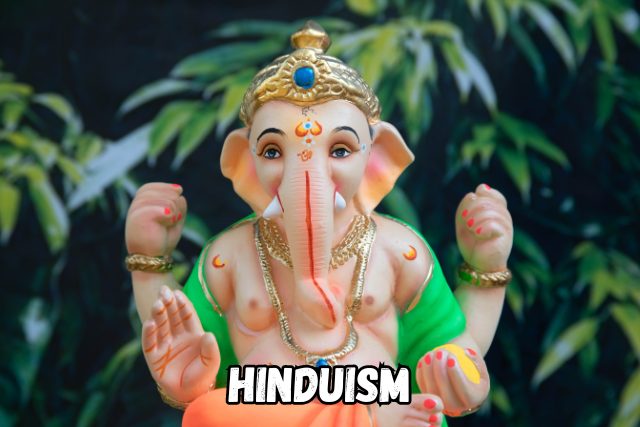
Fiji’s cultural landscape is adorned with the vibrant colors and spiritual richness of Hinduism. Hinduism is a prominent religion brought to the islands by indentured laborer s during the British colonial period. As well as serving as spiritual guidance for Indo-Fijian communities, Hinduism contributes to Fiji’s cultural mosaic.
The Arrival of Hinduism
Hinduism took root in Fiji with the arrival of Indian indentured laborers in the late 19th and early 20th centuries. These laborers, bring with them their religious practices, cultural traditions, and profound devotion to Hindu deities.
Temples as Spiritual Hubs
Temples dedicated to various deities stand as iconic symbols of Hinduism in Fiji. From the ornate Dravidian-style architecture to the intricate carvings that adorn these temples.
Each structure reflects the devotion and cultural identity of the Indo-Fijian community. The temples not only serve as places of worship but also as community hubs for cultural events, celebrations, and social gatherings.
Diwali and Holi
Diwali, the Festival of Lights, and Holi, the Festival of Colors, are celebrated with great fervor in Fiji. Diwali marks the triumph of light over darkness and good over evil. Temples are illuminated, and communities come together for fireworks, feasts, and cultural performances.
Holi, a celebration of spring, is marked by vibrant color play, symbolizing unity and the breaking down of social barriers. These festivals transcend religious boundaries, with people of various backgrounds joining in the joyous celebrations.
Hinduism and Indo-Fijian Identity
Hinduism plays a significant role in shaping the Indo-Fijian identity. From traditional wedding ceremonies to rites of passage, Hindu customs are deeply woven into the fabric of daily life. The practice of yoga, meditation, and adherence to vegetarianism are additional aspects of Hinduism that influence lifestyle.
Islam
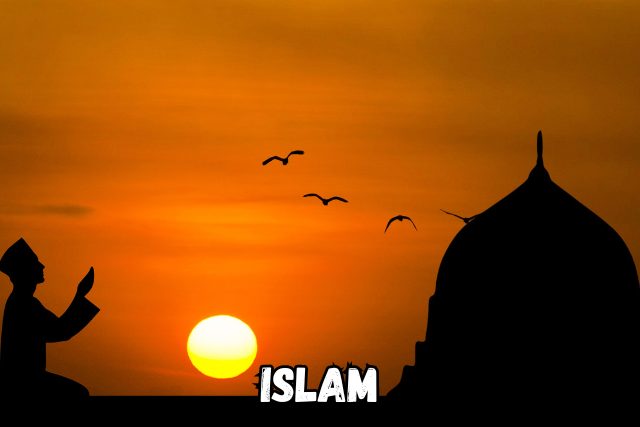
Fiji is home to a growing and diverse Muslim community. Whose roots trace back to the arrival of Indian indentured laborers in the late 19th century. Islam in Fiji has become an integral part of the nation’s cultural and religious fabric. It contributes to the rich tapestry of faith that characterizes this Pacific archipelago.
The Arrival of Islam
Islam found its way to Fiji with the arrival of Indian laborers who were part of the indenture system during British colonial rule. Early Muslim settlers brought their religious practices, traditions, and commitment to maintaining their Islamic identity with them.
Mosques as Spiritual Anchors
Mosques stand as spiritual anchors for the Muslim community in Fiji. From the bustling streets of Suva to the quiet corners of rural areas. These places of worship not only serve as venues for prayers but also act as community centers.
Ramadan Observance and Community Bonding
The holy month of Ramadan holds special significance for Fijian Muslims. During this sacred period, Muslims engage in fasting from dawn to sunset, prayers, and community iftar (breaking of the fast) gatherings. These communal activities strengthen the bonds among Muslims, creating a sense of unity and shared spirituality.
Cultural Integration and Identity
Fijian Muslims actively participate in the cultural life of the nation while maintaining their religious identity. The fusion of Islamic traditions with Fijian customs is evident in events such as weddings. Traditional Fijian ceremonies are complemented by Islamic rituals, creating a unique synthesis of cultural expressions.
Bottom Line
The religion of Fiji is a dynamic fusion of indigenous spirituality, Christianity, Hinduism, and Islam. It creates a harmonious blend that reflects the multiculturalism of the islands. Fijians face diverse spiritual challenges and opportunities. Cultural richness and shared values shape the spiritual identity of this South Pacific archipelago.
Fijians grapple with modern challenges, balancing the preservation of indigenous traditions and cultural continuity. Navigating through complexities, and interfaith understanding, is crucial. Fiji’s religious communities show resilience and commitment to cultural integration.
FAQs
What is the religion in Fiji?
There is no singular main religion in Fiji. The nation embraces a rich diversity of religions, including indigenous Fijian spirituality, Hinduism, Islam, and Christianity.
How do different religions coexist in Fiji?
Fiji is known for its religious harmony. Different faiths, including Hinduism, Islam, Christianity, and indigenous spirituality, coexist.
Do Fijians believe in God?
Yes, many Fijians believe in God, with diverse religious affiliations, including Christianity, Hinduism, Islam, and indigenous Fijian spirituality.
Are Fiji people Hindu?
A significant portion of the Fijian population practices Hinduism, particularly among the Indo-Fijian community.
Does Fiji have Muslims?
Yes, Fiji has a Muslim community, primarily consisting of descendants of Indian indentured laborers who arrived in the late 19th century.
